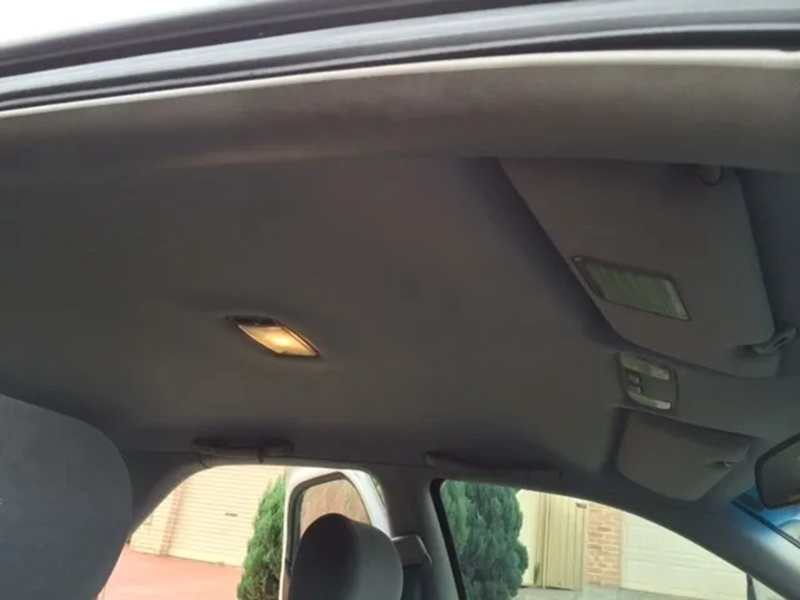How often do you look upwards, contemplating the strength and integrity of your home’s roof lining? If you’re anything like most homeowners, it’s probably not a daily – or even a yearly – occurrence. And yet, this often-overlooked element is your home’s silent protector, shielding you comfortably from the harsh realities of the outside world. So, what happens when your roof lining demands attention? This comprehensive guide brings you everything you need to know about roof lining repair in Baulkham Hills, focusing on the signs that your roof lining needs professional attention and the steps to repair it.
The Unsung Hero: What is a Roof Lining?
Understanding the foundation of any discussion is key; in this case, the foundation is the roof lining. Acting as a second layer under your main roof, the roof lining provides ample insulation and prevents leaks from harming the overall structure of your home. It pays to pay attention to this silent, stalwart soldier of domestic tranquillity.
By investing in routine inspections and addressing minor repairs promptly, you can extend the lifespan of your roof and maintain your home’s overall health. Ignoring small issues today could lead to significant expenses down the road. Prevention is always more affordable than major restoration work. Additionally, keeping your roof lining in good condition enhances energy efficiency, reduces the risk of insulation damage, and maintains your property’s value.

The Red Flags: When Do You Need a Roof Lining Repair?
So, how can you tell your roof lining needs repair? Visible leaks, damp spots on the ceiling, increased energy bills, pests, and a sagging roof are some clear indicators. Immediate attention to these signs can save you a lot of money, time, and distress down the line.
Pros and Cons of DIY Roof Lining Repair
While many enthusiastic do-it-yourselves might consider going up there and sorting it all out, remember that roof repairs are dangerous and tricky. You may save some money, but can you guarantee safety? Remember that professional roof repairers have the right training, equipment, and experience; things that can’t be bought at a home improvement store.
The Main Event: How to Repair Your Roof Lining
Assuming you’ve decided to proceed with professional help, here’s what roof lining repair typically involves: assessing the situation, locating the damage, removing damaged parts, applying a repair solution and patch, and finally, re-installing the lining. Each process is meticulously executed, ensuring a leak-free home for years to come.
Protect Your Investment: How Regular Maintenance Helps
The best way to prevent roof lining damage? Regular maintenance! Just like how a routine medical check-up keeps your health in check, regular roof inspections and minor repairs help maintain your home’s overall health. An initial investment now could save you heartache and a handsome sum in future repairs.
Your roof lining plays a crucial role in protecting your home, and preventing damage starts with regular maintenance. Just like how routine medical check-ups help catch health issues early, periodic roof inspections can identify minor problems before they escalate into costly repairs. Over time, exposure to weather conditions, moisture, and general wear and tear can weaken the lining, leading to leaks, mould growth, or structural damage.

Top Tips to Remember for Roof Lining Repair
Always remember, that water is the enemy when it comes to roofs. Time is also a factor; the quicker you address roof lining damage, the less extensive – and expensive – the fix will be.
Time exacerbates the problem; delaying repairs allows moisture to spread, weakening materials and increasing repair costs. Regular inspections are crucial to catch issues early, especially after storms or heavy rainfall. Addressing damaged roof lining promptly prevents water from penetrating deeper layers, saving you from costly repairs or even a full roof replacement. Investing in quality materials and professional maintenance can extend your roof’s lifespan. Remember, a small fix today can prevent a major headache tomorrow. Act quickly to protect your home.
Conclusion
Our homes are not simply buildings; they’re sanctuaries, fortresses, and repositories of memories. Every element matters, particularly those that shield us from the outside world, like your roof lining. Recognizing the signs of roof lining damage, understanding the repair process, and investing in regular maintenance can go a long way towards maintaining that sanctuary. Whether you choose to tackle roof lining repair yourself or call in a professional tackle roof lining repair, remember, every effort you put into caring for your home today will ensure its health and vibrancy in the years to come.














Leave a Reply